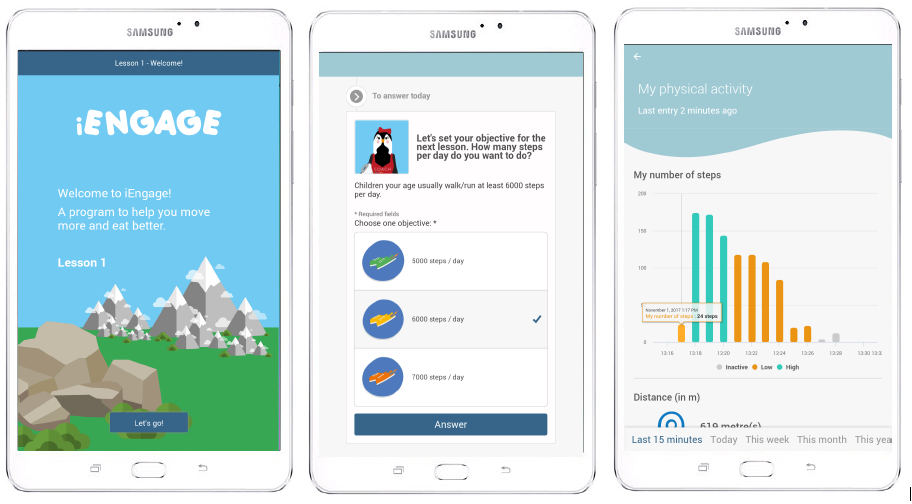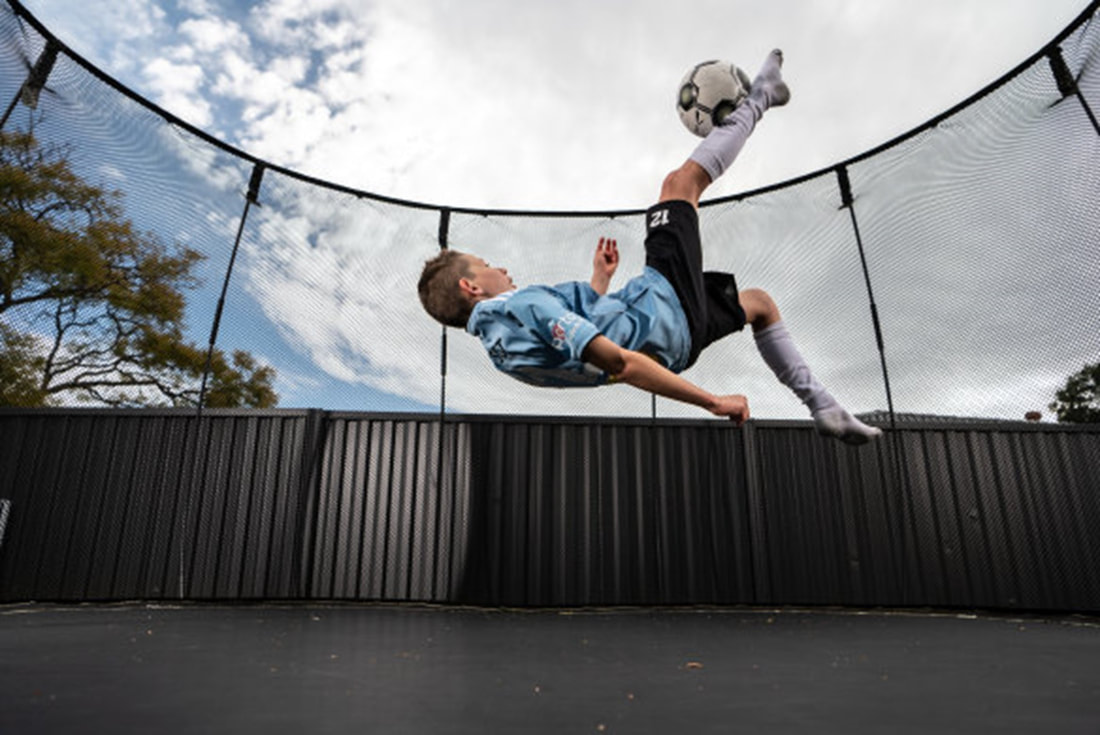Background
Nearly 800 children are diagnosed with cancer each year in Australia. Fortunately, improvements in cancer treatments have led to rising survival rates. Whilst >80% of children will survive their disease, many will go on to experience treatment-related late effects, including chronic conditions such as cardiovascular disease or obesity. As survivors’ risk for developing chronic conditions is exacerbated, engaging in healthy behaviours such as regular physical activity is essential.
Many survivors of childhood cancer have also expressed the need for age-appropriate exercise information and report a desire for exercise guidance. However, a major burden for many survivors and families is the barrier of distance and travel, particularly for 45% of the population living in regional or rural areas. A solution of overcoming this burden of distance, is the delivery of health behaviour interventions using distance-delivered technologies.
About the study
Findings
The primary aim of this study was to investigate the feasibility and acceptability of childhood cancer survivors using the iBounce intervention. In total, 30 participants opted in, of whom 27 (90%) completed baseline assessments and 23 (77%) commenced the iBounce program. The opt-in rate was 59% and most survivors (19/23, 83%) completed the intervention. The retention rate (70%) and activity tracker compliance (79%) were high, and there were no intervention-related adverse events.
In terms of acceptability, survivors rated the program as enjoyable (75%) and easy-to-use (86%), but many survivors were not satisfied with the activity tracker (60%) potentially due to the technological issues that occurred.
Preliminary efficacy results showed that the iBounce program significantly improved survivors’ fitness levels after the intervention.
We demonstrated that iBounce is feasible for delivery and acceptable among survivors, despite some technical difficulties. The distance-delivered format provides an opportunity for survivors to engage in health behaviours at home, including families living in regional or rural areas.
Future directions
We will use these pilot findings to evaluate an updated version of iBounce. Dr Lauren Ha is currently conducting focus groups with childhood cancer survivors aged 8-21 years, parents of survivors, and health professionals to explore their priorities of using digital health to improve physical activity levels. If you are interested in contributing to designing and upgrading the iBounce program, please email [email protected] with the subject title as: iBounce focus groups.
Impact


 RSS Feed
RSS Feed